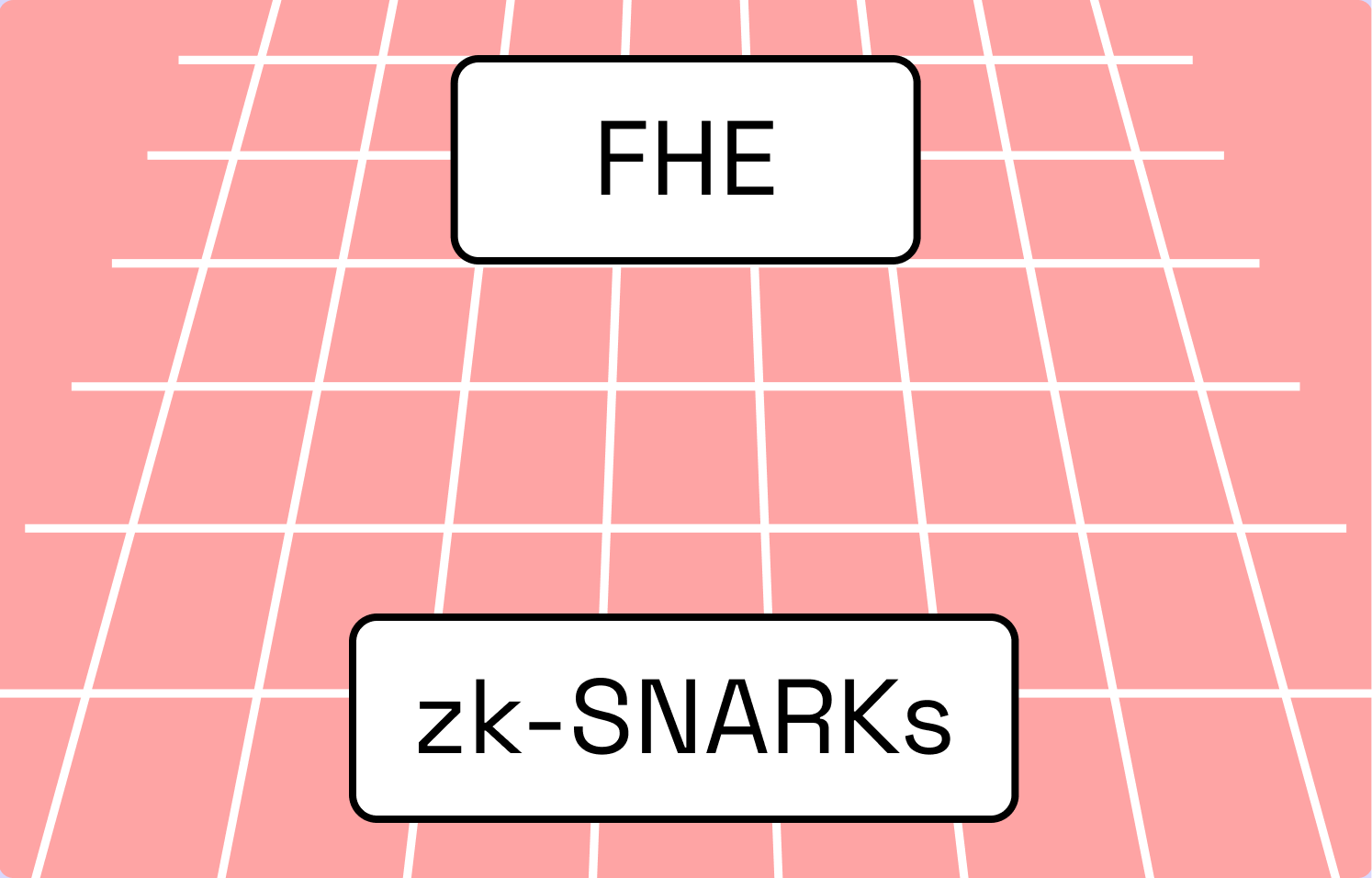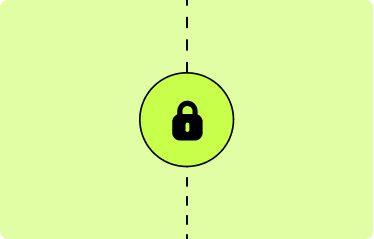FHE vs. zk-SNARKs: The Privacy Tech Powering Blockchain’s Future
Privacy has become a hot topic in the blockchain world—and for good reason. While transparency is a core feature of most blockchains, it comes at the cost of exposing sensitive financial data. This has led to the rise of various privacy solutions, each with its own strengths and weaknesses. In this article, we’ll dive into two cutting-edge technologies—Fully Homomorphic Encryption (FHE) and zk-SNARKs—and explore how they power different privacy approaches. We’ll also compare Zaïffer, a platform leveraging FHE, with traditional privacy coins and mixers to see how it stands out in the quest for confidential finance.


Understanding the Tech: FHE vs. zk-SNARKs
To appreciate how Zaïffer works, it’s essential to understand the technologies behind blockchain privacy. Let’s start with a breakdown of FHE and zk-SNARKs.
What is FHE?
Fully Homomorphic Encryption (FHE) is a cryptographic breakthrough that allows computations to be performed directly on encrypted data—without ever decrypting it. The result of these operations, when decrypted, matches what you’d get if you had performed the same operations on the original, unencrypted data.
- In simpler terms: Imagine sending a locked box to a friend. They can manipulate its contents without ever seeing what’s inside, and when you unlock it, everything is exactly as it should be.
- In blockchain: FHE enables private transactions and even confidential smart contracts, where sensitive data—like transaction amounts or contract logic—remains encrypted throughout the process.
What are zk-SNARKs?
zk-SNARKs (Zero-Knowledge Succinct Non-Interactive Arguments of Knowledge) are a type of zero-knowledge proof. They allow one party to prove that a statement is true without revealing any additional information beyond the statement’s validity.
- In simpler terms: It’s like proving you’re over 18 without showing your ID—just a yes or no answer.
- In blockchain: zk-SNARKs are often used to verify transactions without disclosing the sender, receiver, or amount, making them a popular choice for privacy-focused solutions.
Key Differences
- FHE is about performing operations on encrypted data, making it ideal for applications that require both privacy and functionality, like confidential smart contracts.
- zk-SNARKs focus on proving the validity of information without revealing it, which is perfect for private transactions but less flexible for broader computational tasks.
While both technologies enhance privacy, FHE’s ability to handle complex computations on encrypted data gives it a unique edge—especially in decentralized finance (DeFi), where functionality is just as important as confidentiality.
Zaïffer vs. Privacy Coins: A New Approach to Privacy
Privacy coins like Monero and Zcash have long been the go-to for users seeking anonymity. They use cryptographic techniques—such as ring signatures and zk-SNARKs—to obscure transaction details, making it nearly impossible to trace funds. However, privacy coins come with limitations:
- Isolated Ecosystems: They operate on their own blockchains, which can limit their integration with the broader DeFi ecosystem.
- Regulatory Scrutiny: Their strong anonymity features often attract regulatory attention, leading to restrictions in many countries.
Zaïffer takes a different path. Instead of creating a standalone coin, it allows users to confidentialize any token on any EVM-compatible chain. This means you can enjoy privacy while still interacting with your favorite DeFi apps—whether it’s trading on Uniswap or lending on Aave. Plus, Zaïffer’s auditable cTokens provide a compliance layer, offering selective transparency for regulators without sacrificing user privacy.
In short: Zaïffer brings privacy to the entire DeFi ecosystem, not just a single coin.
Zaïffer vs. Mixers: Beyond One-Off Privacy
Mixers, such as Tornado Cash, offer another path to privacy by pooling and shuffling funds to obscure transaction trails. While effective for one-off transfers, mixers have notable drawbacks:
- Regulatory Risks: Mixers are often viewed as high-risk by regulators, leading to sanctions and legal challenges. They cute the link between the sender & recepient, so auditability is impossible.
- Limited Scope: They don’t support ongoing privacy within DeFi applications, making them less practical for users who need continuous confidentiality. It doesn’t hides the amounts.
Zaïffer, powered by FHE, provides a more seamless and scalable solution at the exact opposite of Mixers; we actually hide the amounts and don’t cute the link between the participants. It integrates directly with DeFi platforms, allowing users to maintain privacy across multiple transactions and interactions. Unlike mixers, Zaïffer is designed with compliance in mind—its auditable cTokens reduce regulatory risks while offering a superior user experience.
Why Zaïffer Stands Out
In the evolving landscape of blockchain privacy, Zaïffer stands out by combining the best of both worlds: cutting-edge technology and practical usability. Its use of FHE enables a level of privacy and functionality that zk-SNARKs alone can’t match, while its design ensures compatibility with the broader DeFi ecosystem. Unlike privacy coins and mixers, Zaïffer is built for the future—scalable, compliant, and ready to make financial privacy a fundamental right.
Key advantages include:
- Universal Privacy: Works with any EVM token, not just a specific coin.
- DeFi Integration: Seamlessly integrates with existing DeFi applications.
- Compliance-Ready: Auditable cTokens balance privacy with regulatory needs.
- Advanced Tech: FHE supports confidential smart contracts and encrypted analytics.
As the demand for privacy grows, Zaïffer is poised to lead the charge, offering a solution that doesn’t just hide transactions but redefines how we think about confidentiality in finance.
Ready to explore the future of private finance? Visit zaiffer.org or follow us on X at @ZaifferProtocol for the latest updates.

.png)


.png)

